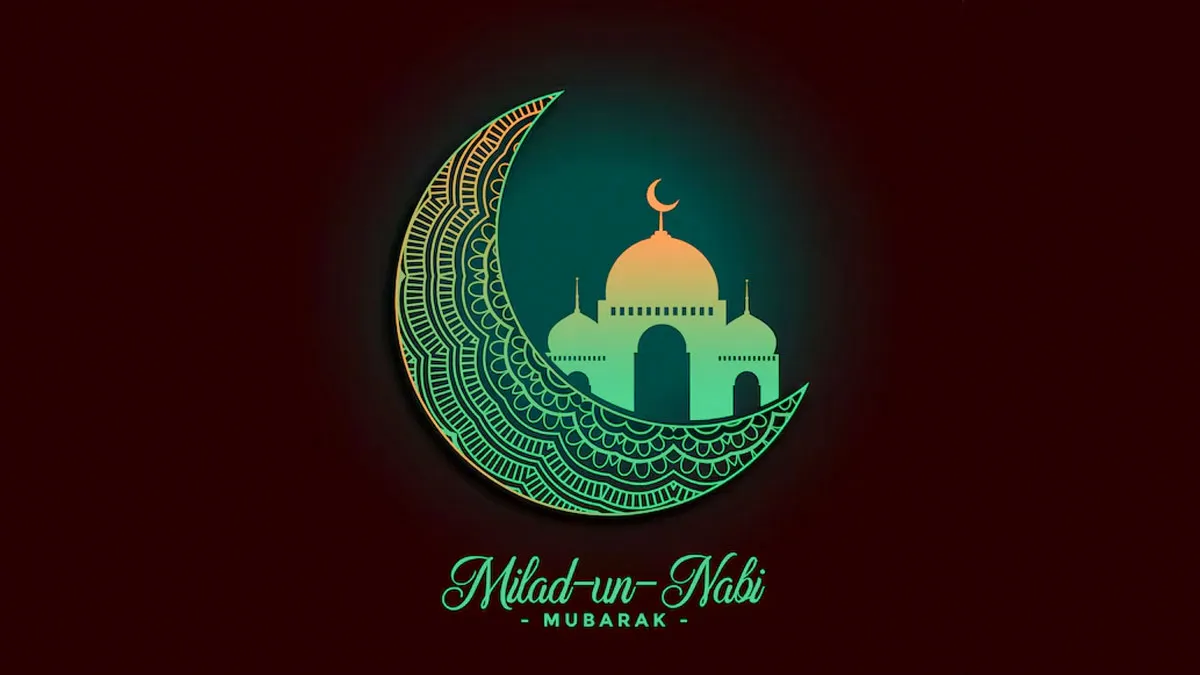Muslims across the globe are preparing to honor Eid Milad-un-Nabi in 2025, a deeply meaningful occasion that celebrates the birth of the Prophet Muhammad (peace be upon him). Also referred to as Mawlid, this day carries profound spiritual value, particularly within Sufi and Barelvi traditions. It is a time of spiritual reflection, heartfelt prayers, charitable acts, and unity among communities, all in tribute to the life, teachings, and enduring legacy of Islam’s final prophet.
When and How Is Eid Milad-un-Nabi Celebrated in 2025?
Eid Milad-un-Nabi is traditionally observed on the 12th day of Rabi' al-Awwal, the third month of the Islamic lunar calendar. In 2025, this date is expected to fall on September 5, depending on the local moon sightings confirmed by religious scholars and committees in various countries. Since Islamic months are based on lunar observations, the exact day can differ slightly across regions, highlighting the link between Islamic faith and celestial events.
Historical Roots of the Celebration
The origins of Eid Milad-un-Nabi can be traced back to the Fatimid dynasty in Egypt, who were among the first to formally commemorate the Prophet’s birth in the early centuries of Islam. The Prophet Muhammad is believed to have been born in Mecca in the year 570 CE, on the 12th of Rabi' al-Awwal.
Initially observed mainly by the Shia Muslims in Egypt, the celebration gradually gained acceptance in Sunni communities by the 11th and 12th centuries, spreading to regions like Syria, Morocco, Turkey, and Spain. Early observances included Quranic recitations, public speeches, and communal meals. Over time, Sufi practices enriched the event with torch-lit night processions, animal sacrifices, and public feasts, creating a blend of spiritual depth and community engagement.
Spiritual Significance and Meaning
Eid Milad-un-Nabi is not just a commemoration of the Prophet’s birth it serves as a time for Muslims to reflect on his life, character, and teachings. The festival reinforces values such as compassion, peace, justice, and generosity, encouraging believers to live by the example of the Prophet in their daily lives.
It is also a time of spiritual renewal and community bonding, as people come together in prayer, acts of kindness, and shared joy. The emphasis on charitable giving underscores Islam’s core message of empathy and care for the less fortunate.
Celebrations and Traditions Around the World
Preparations for Eid Milad-un-Nabi typically begin the day before the main event. Streets, homes, and mosques are beautifully decorated with colorful lights, green flags, and festive banners, symbolizing faith and peace. People dress in new or traditional attire and share sweets and warm greetings with friends and neighbors.
Key traditions include:
-
Morning Prayers and Processions: Special congregational prayers take place in mosques and shrines, followed by vibrant processions through streets, where participants recite ‘Naats’ (poetry in praise of the Prophet) and chant religious verses in a spirit of devotion.
-
Religious Teachings and Educational Events: Scholars and religious leaders deliver talks focusing on the Prophet’s life, highlighting his values and virtues, especially for children and youth. These sessions aim to nurture both faith and understanding of Islamic history.
-
Charity and Service: Generosity is at the heart of the celebration. Many Muslims donate food, clothing, and money to those in need. Community meals or feasts are organized to bring people together in the spirit of giving.
-
Traditional Food and Decorations: Families prepare festive dishes like Chobe Ki Puri and Kheer, while homes and mosques are adorned with floral arrangements and glowing lights. Some people wear green wristbands or badges as a sign of devotion and celebration.
Storytelling plays a big role as well, with elders often sharing inspiring anecdotes from the Prophet’s life stories that emphasize his humility, kindness, and dedication to justice. These narratives help pass on Islamic values from one generation to the next.

